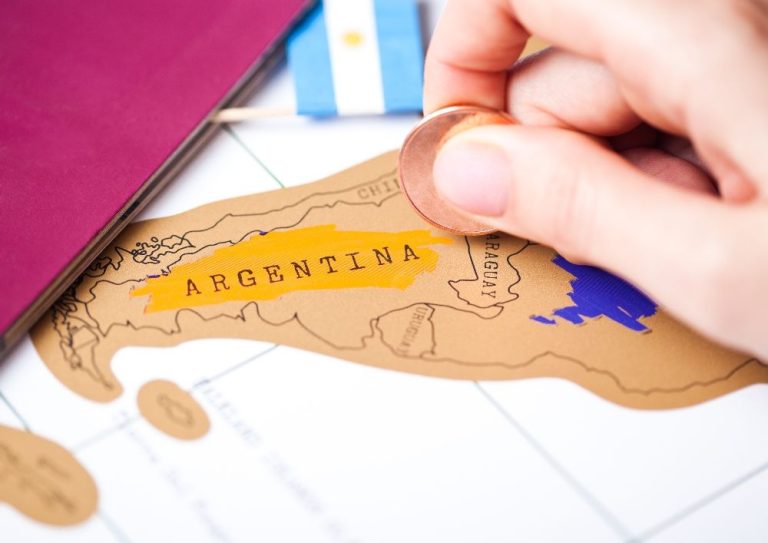Argentina, a major participant in global agribusiness, is actively pursuing a $20 billion financial agreement with the International Monetary Fund (IMF) as part of its continuous efforts to stabilize its volatile economy.
On Thursday, the country’s Economy Minister, Luis Caputo, revealed this information, making it the first time a concrete number has been associated with the long-discussed scheme.
According to Reuters, the announcement is intended to soothe concerned local markets, which have experienced turbulent movements due to growing inflation and depleted reserves.
Argentina has suffered from triple-digit inflation for many years.
The country is coping with high debt levels and a currency that has lost the majority of its worth.
The country has been negotiating with the IMF for several months, but neither party has officially confirmed the projected cash sum until now.
Implications of the deal for the Argentinian economy
If agreed, this will be the 23rd deal between Argentina and the IMF.
Some analysts see it as vital in restoring confidence in Javier Milei’s libertarian government and strengthening the central bank’s reserve level.
Such a deal is aimed at reducing the risks associated with imminent debt repayments and easing the market’s concerns over the country’s financial situation.
Caputo stated that the deal aims to ensure that people understand the central bank’s backing for the pesos in circulation.
He argued that a stable currency system would reduce inflation and thereby poverty.
According to Caputo, around $8 billion of the entire $20 billion will boost bank reserves, while the remaining $12 billion will be used to settle principal and interest on past IMF loans.
Market response and speculation
A reported by Reuters, Argentina’s markets have been extremely volatile in the wake of the announcement, driven mostly by uncertainty over the IMF deal and fears of a faster devaluation of the peso.
At present, capital controls and a process dubbed a “crawling peg” are used to restrain the currency.
But doubt remains over whether the central bank can sustain this balance, particularly as net foreign currency reserves are said to be at least a $4 billion deficit.
Local markets first responded unfavorably to the $20 billion pact, especially after media reports suggested lower funding estimates.
This adds an element of urgency for financial markets as quickly Caputo has reassured stakeholders that the IMF board will be meeting soon to vote on the proposed deal.
A shift in economic policy
Milei, who took office in late 2023, has embarked on radical turns in Argentina’s policy, drastically cutting the value of the peso to less than half its original worth and tightening austerity measures to put an end to years of fiscal mismanagement.
The goal of these measures is to create a more favorable economic climate for investment and business activity.
In parallel to this new IMF agreement, the Argentine government is requesting more massive loans from almost all the development banks, including the World Bank and the Inter-American Development Bank.
The administration is attempting to increase gross reserves, which are currently around $26.25 billion.
However, this figure has decreased nearly threefold in the past year.
As Argentina navigates this fragile economic terrain, the proposed $20 billion IMF pact represents a watershed moment in its financial recovery approach.
The conclusion of the negotiations will have a significant impact on the country’s economic trajectory as well as the restoration of investor confidence.
The coming weeks will be key as the IMF board prepares to vote on the deal, which could pave the way for a new chapter in Argentina’s economic story.
The post Argentina seeks $20 billion IMF deal to stabilize economy appeared first on Invezz

